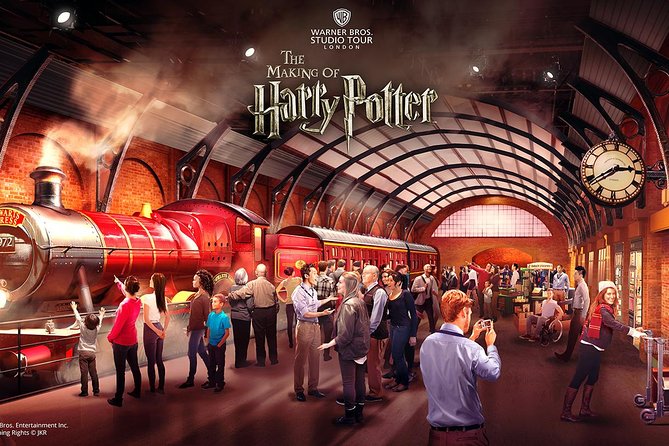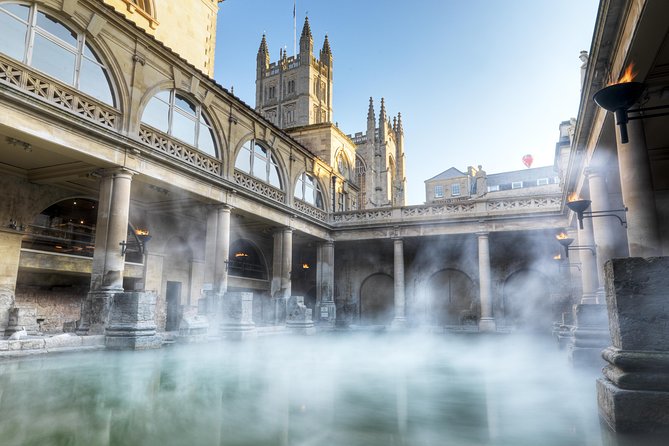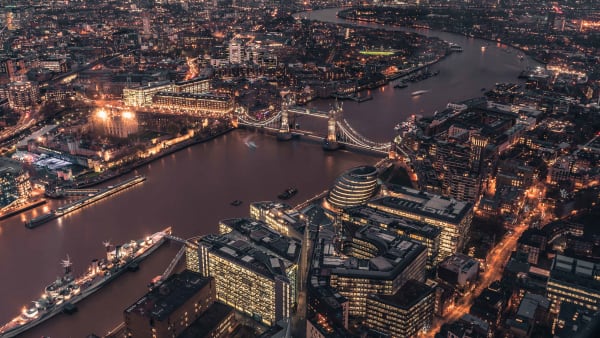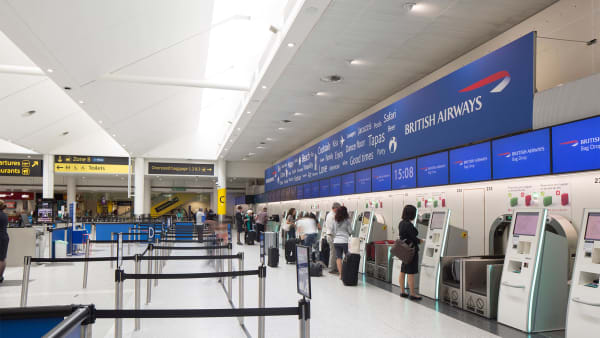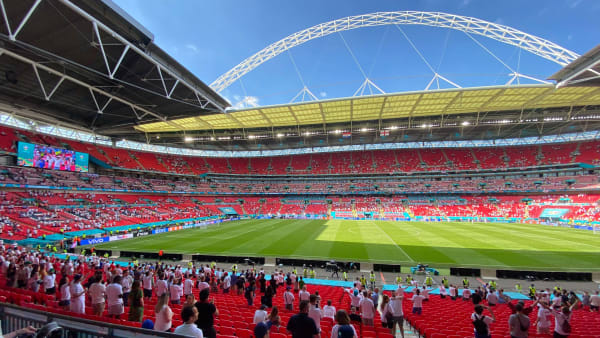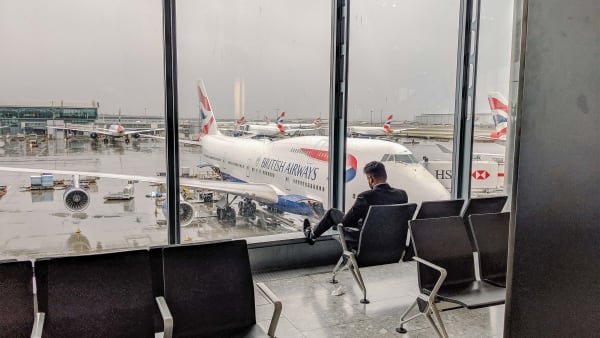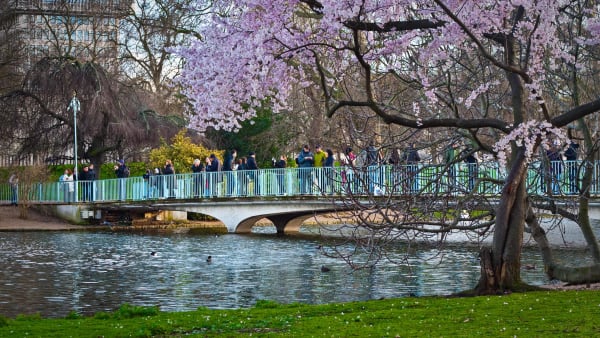Public Holidays in London
Be prepared for any and all public holidays when you travel to London. Learn when and how the city celebrates its festivities.
Public Holidays in London
Be prepared for any and all public holidays when you travel to London. Learn when and how the city celebrates its festivities.
London, together with the rest of England and Wales, enjoys eight public holidays - normally called bank holidays - a year. On top of these dates, royal events like funerals, coronations, weddings, and jubilees are normally declared bank holidays.
During public holidays you can expect transport to operate on reduced hours or, on certain occasions, to be completely disrupted. The majority of attractions, shops, and restaurants generally remain open during bank holidays to welcome visitors (except on Christmas day and New Year’s Day) but offices are normally closed.
As you’ll notice, many of these holidays fall on a Monday, to allow the public a long weekend. On these occasions you might find some traffic congestion due to people returning from their trips.
New Year - 1st of January
The majority of London museums, monuments, and sights are closed on this day. The city is alight with special events, concerts, and live music. If you want to eat out, we recommend you reserve your table well in advance (at least a week), especially if you are with a large group.
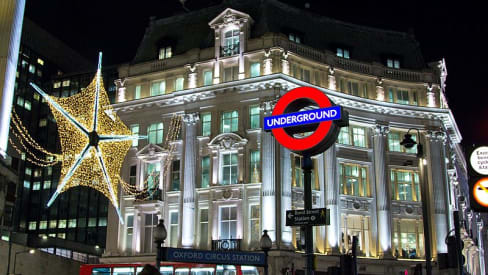
Good Friday (Easter Friday) - in March or April
On this day, you’ll find that most businesses and organisations are closed in London, but shops, restaurants, supermarkets, and event venues normally remain open. Expect to see lots of people enjoying their day out, especially if the weather is nice.
Most museums and galleries remain open on Good Friday, but public transport may operate at a different schedule than usual.
Easter Monday - in March or April
Like all other Easter occurrences, the date of Easter Monday changes every year. Many, but not all, businesses and organisations are closed, but stores and hospitality venues remain open to welcome visitors. Public transport in the city may operate on a different schedule than usual.
If you are leaving the city or arriving on Easter Monday, expect some congestion on roads and train services, as this is usually the day people return from long-weekend trips.
Early May Bank Holiday - first Monday in May
Expect to see marches, demonstrations, and protests for International Workers’ Day. Offices and shops are generally closed, and public transport is normally reduced too. Sights and museums are generally open on this date.
Spring bank holiday - last Monday in May
On this occasion, most locals take advantage of the long weekend for a short trip or family visit, or just stay in the city and enjoy outdoor activities. Schools, organisations, and businesses are closed.
Museums, galleries, and sights are open, but public transport may run on a holiday schedule.
Summer Bank Holiday - last Monday in August
Schools and offices are closed on this day, and some locals like to make the most of their long weekends by going on short trips. Public transport may run on a holiday schedule.
In Notting Hill you will find the famous Notting Hill Carnival, a two-day-long Carribean festival that has been taking place in London since 1966 and one of the largest street carnivals in the world. Expect to see marching bands, dancing, and colourful costumes.
Christmas - 25th of December
Most London museums, monuments, and sights are closed on this day, and many shops will be closed too. Restaurants, cafes, and events venues are all open to welcome celebrating crowds. If you want to eat at a restaurant, you should reserve your table in advance.
Boxing Day (or St. Stephen’s Day) - 26th of December
Most London sights, monuments, and museums remain close on this day. Restaurants, clubs, and cafés are usually open. As this is normally the first day of sales in the UK, most shops will be open.




